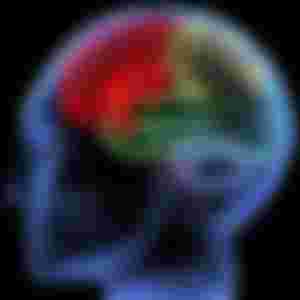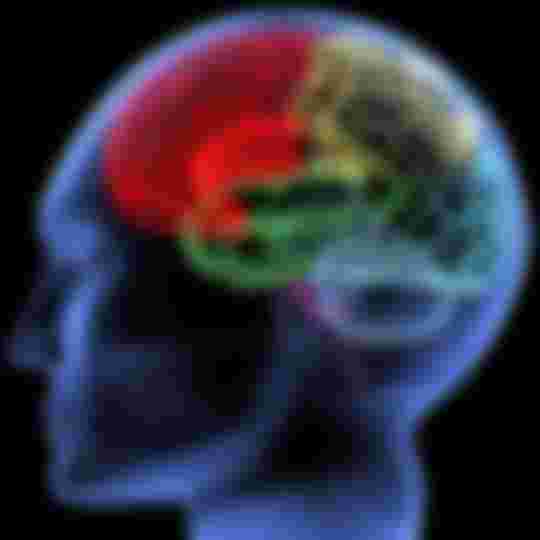About Human Brain
We always talk about the capacity of memory. 1 GB, 2 GB, 128 GB or more memory card or pen drive is available in the market. Some hard disks and pen drives can hold up to 1000 to 2000 GB of memory.
But have we ever wondered how many GB of memory God has given to our brain? Even today, scientists have not been able to determine the capacity of the human brain. However, scientists say that if you keep 3 million hours or 342 years of continuous video on the brain's memory card, the memory space of the supercomputer named your brain will not be filled.
Northwestern University Professor of Psychology Dr. research data on the memory space of the brain. Paul Reber noted that the human brain has 100 billion or one billion neurons. Each neuron has made 1,000 connections to each other, with a mathematical number of more than one trillion. Scientists say that the memory capacity of the brain is at least 2.5 petabytes or 1 million GB or 1 million gigabytes.
What is the number of neurons in the brain of a normal adult human? The answer is about 6 billion. And each of these neurons has about 10,000 synaptic connections. In all, the total number stands at 100 trillion, the maximum of which could be as high as 1,000 trillion. So many neurons and synapses keep in touch with the brain throughout the body through electrical and chemical signals at every moment.
In general, the human brain weighs only two percent more than the whole body. But the brain uses about twenty percent of the body's total glucose as its own fuel. That is 50 percent for a baby and 70 percent for a newborn, where rodents and dog breeds use about five percent of the total body glucose and monkeys ten percent. So if ninety percent is wasted, then what does this twenty percent energy brain do?
This amount of energy is more than just ten percent of the brain's work.
The human brain weighs approximately 1.5 kilograms, whereas an elephant's brain weighs 5 kilograms and a whale's brain 9 kilograms. But the presence of 6 billion neurons in this 1.5 kilogram brain has increased the density of the brain many times over. And that has made us more alert.
But I have already said that this brain requires a lot of energy. 3.4 × 1021 molecular ATP per minute. ATP (adenosine triphosphate) is the body's fuel.

According to the Britannica Encyclopedia, the human brain can store a lot of information about 5 times at a time. According to scientists, the capacity of the brain ranges from 3 to 1000 terabytes. Brain Exercise- Keeping the brain alert Giving new experiences to the brain, such as touching, seeing or hearing something new, connects them to different parts of the brain, increasing the connection between them and dramatically increasing memory.
Regular exercise increases intelligence
Scientists have recently reported that regular exercise produces a special chemical in your body, which increases your desire to learn. Not thinking hard to do difficult numbers? Exercise a little and sit down again. You will see that the mind will sit at work in no time.
Bring changes in all activities
The more work we do each day, the more the brain receives or practices more of those tasks. So the brain has to give new work. When something new is found, the brain becomes more active than before.
Invert familiar objects
When we see things correctly, our brain responds less to that case. But whenever we see them in the opposite way, the brain starts analyzing their size and color. So keep the things in front of your eyes upside down. For example, family pictures on the wall, clocks on the table.
Puzzle or Word:
Studies show that people who regularly practice puzzle solving, scrabble, and sudoku have a much better brain than others. When playing, all the nerves in the whole brain, including the memory areas of the brain, are activated which helps to increase the memory.


